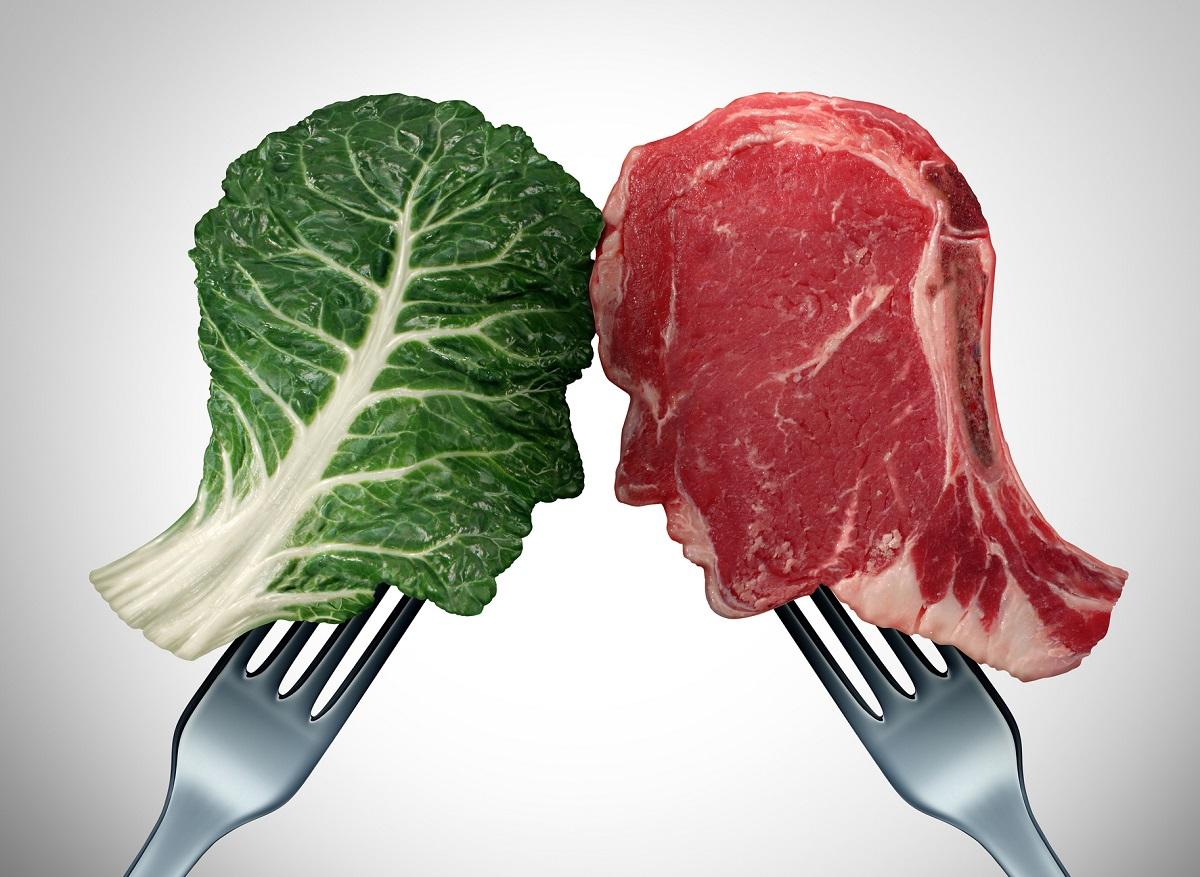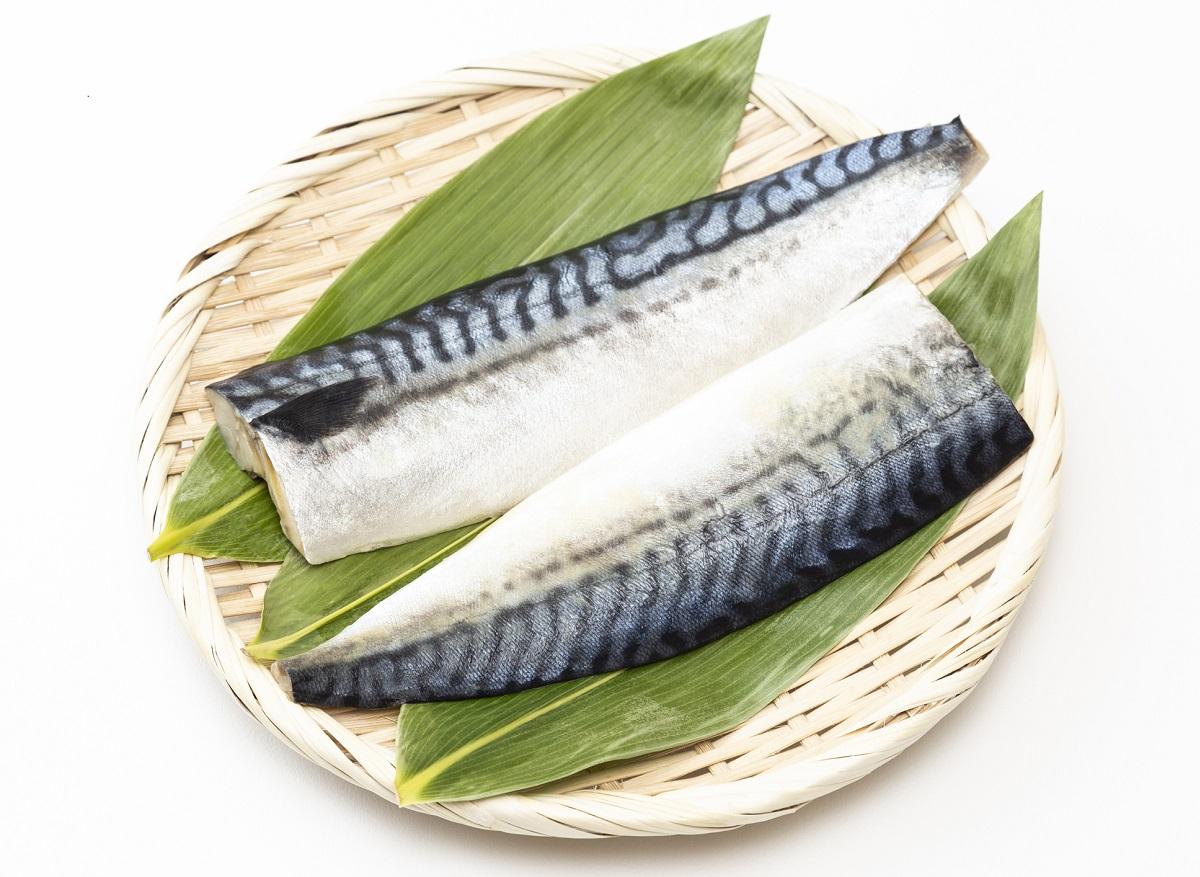Moderate coffee consumption is more likely to benefit your health than harm it. And so is tea… especially green tea!

- Researchers at the University of Edinburgh have found that drinking three to four cups of coffee a day could reduce the risk of death and heart disease.
- Its reasonable consumption is also associated with a lower risk of certain cancers, diabetes, liver disease and dementia.
- Regarding green tea, it is very rich in natural antioxidants that are beneficial for the body.
With 3 to 4 cups of coffee a day, your health will not suffer, quite the contrary. Except for pregnant women and those who are particularly at risk of osteoporotic fractures.
To reach this conclusion, researchers from the University of Edinburgh conducted a combined analysis of more than 200 studies: they found that drinking three to four cups of coffee a day would reduce the risk of death and heart disease.
Drinking coffee may reduce risk of certain cancers, diabetes and dementia
Its reasonable consumption is also associated with a lower risk of certain cancers, diabetes, liver disease and dementia. Researchers even praise its benefits against Parkinson’s disease, depression and Alzheimer’s disease.
We know that all these manifestations – good or bad – are due to a substance – caffeine – which excites our nervous system, thus facilitating intellectual work. But it also acts on our blood circulation by increasing the rhythm and amplitude of cardiac contractions, by dilating the vessels. Caffeine also allows us to eliminate more strongly, all coffee drinkers know its diuretic effects, or on the intestine. For doctors, coffee is contraindicated in people with coronary artery disease, gout or liver disease, and is generally prohibited during very young ages and pregnancy.
For everyone else, it is considered dangerous to exceed 900 mg of caffeine per day, which represents – depending on the coffee shop – a consumption of 10 to 15 cups.
Tea is good for your health…especially green tea
It should also be noted that there is as much caffeine in coffee as in tea, but that the latter also contains a substance that neutralizes some of the effects. This is why a drink of this type has been steadily increasing in popularity for several years. This is green tea, which was rarely consumed in our country until herbalists – doctors who are particularly interested in plants – began to prescribe it in the name of its superior quality to that of coffee without the side effects and by hiding behind numerous studies – particularly Chinese – highlighting the lower number of cancers and heart diseases in populations that consume this type of drink in large quantities. Are these exclusively the effects of green tea? It is impossible to say, as some doctors can, given the differences in lifestyles between populations around the world, but it is indisputable that, failing to state the benefits, the disadvantages are no more demonstrated. Much work is underway to try to prove that the secret to eternal youth probably lies in stopping the oxidation of our cells – a sort of rusting process – hence the use of a maximum of natural antioxidants, at the forefront of which are two stars: vitamin E and green tea.

















